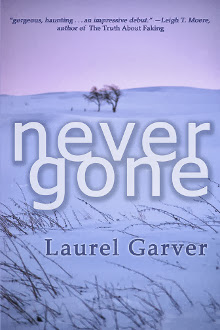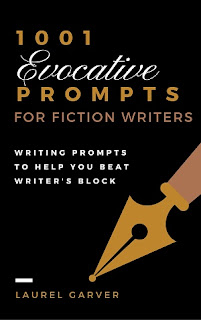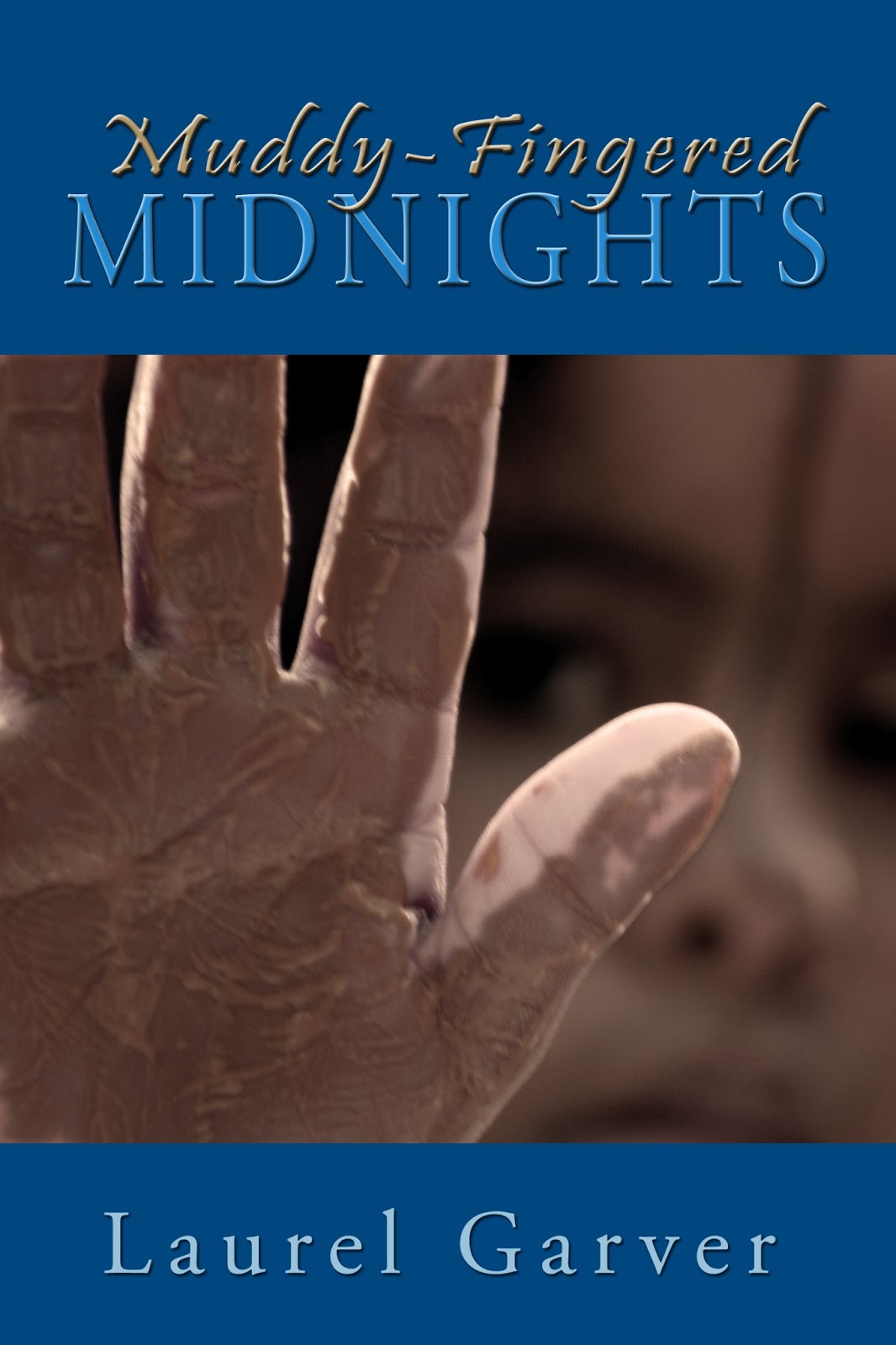How
Out of Tune Has Changed My Writing Life
by Michelle D. Argyle
I first developed the idea for
Out of Tune last November (2012). I’ve always wanted to write a book about a girl who plays the guitar. That was pretty much the only thing I had to go on when I first started figuring out what this girl’s story would be. For some reason, I wanted her to sing country music. That led into the idea that her parents were country music stars, and then … well, there always needs to be a problem in a story, so what was this girl’s problem? She can’t sing. In fact, she’s so bad her own parents have asked her not to sing anywhere in public. Ever. Ouch, huh? I was so excited to start
Out of Tune, but I actually didn’t get around to starting it until January of this year, so I’m pumped that it is now out in the world!

So how has
Out of Tune changed my life? In many ways, I’ll tell you that. Here are some of them.
(1)
I’ve learned to absolutely adore country music.
I’ll admit I’ve never been a huge country music fan. I don’t know why I chose
Out of Tune to be centered on country music, but it just felt right. So I had to learn to love country music! And I did. It took about three months, but country is now one of my all-time favorite genres. It’s what I have my radio set to permanently these days. I’m not sure my husband really appreciates it, but oh well.
(2)
I’ve learned that it’s possible to overcome things that seem innate.
What do I mean by innate? My main character in
Out of Tune believes she is absolutely 100% tone deaf. After all, she can’t hear when she’s singing off key. She even has trouble keeping time, which can go hand in hand with tone-deafness. But, to Maggie’s surprise, she finds someone who believes in her enough to teach her how to sing correctly. This doesn’t mean, however, that it’s easy.
I did a lot of research for
Out of Tune, and part of that research was learning that it’s possible to overcome tone-deafness. Amusia, however—true tone-deafness, where the person literally cannot hear tones—is the only instance when a person cannot learn to sing in key, but it’s rare.
(3)
I’ve learned even if dreams crumble around you, that you just have to keep going.
Out of Tune was originally supposed to be published with my publisher, Rhemalda Publishing, but earlier this year they had to close their doors. Because
Out of Tune has had such a rocky road (failed querying, rewriting it from scratch, and now losing its publisher), I decided to put it out there myself. It’s a story centered on following your dreams, and I felt that getting it out there no matter what was serving it the justice it deserves. Never, ever give up.

Michelle lives and writes in Utah, surrounded by the Rocky Mountains. She adores cheese, chocolate, sushi, and lots of ethnic food, and loves to read and write books in the time she grabs between her sword-wielding husband and energetic daughter. She believes a simple life is the best life. Michelle writes contemporary Young Adult and New Adult fiction (and other genres when she feels like it).
Twitter | Blog | Facebook
About Out of Tune
Twenty-year-old Maggie Roads’ parents are legendary in the country music world. She wants nothing more than to follow their example, but the limelight is not reserved for singers who cannot carry a tune, let alone keep a rhythm.
When her parents tell her they are getting divorced, Maggie decides it’s time to leave home and take her future into her own hands. Moving in with Cole, her best friend and sometimes boyfriend might not be the best of ideas, but she has to start somewhere.
Their off-and-on romance gets even more complicated when Maggie crushes on her new voice teacher, Nathan, who unlocks her stunning potential. A sensational music career of her own is finally within reach, but
Maggie might need more than perfect pitch to find what she is really looking for.
Have you ever begun a story with just a simple image, like Michelle's girl with a guitar?





















